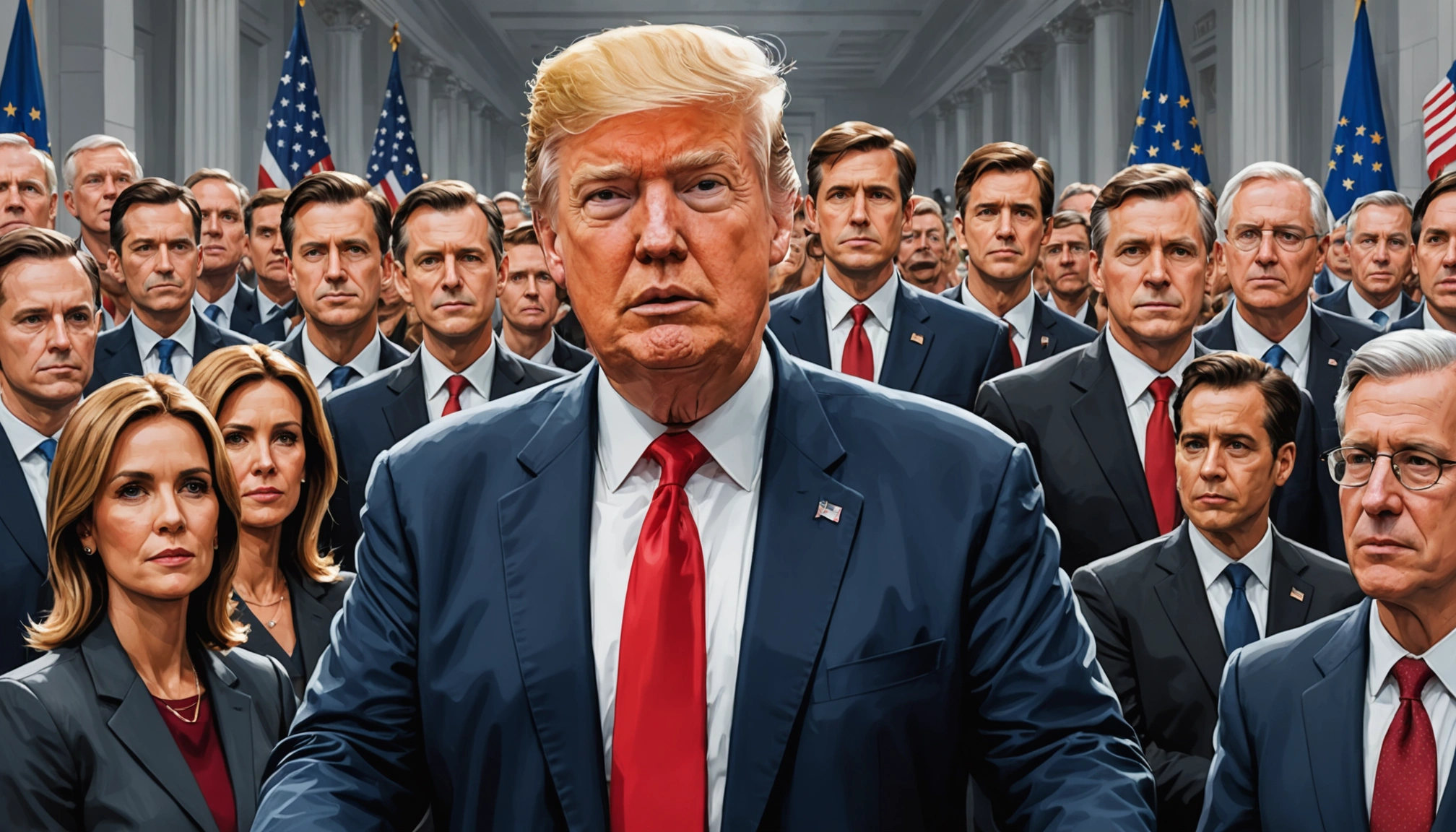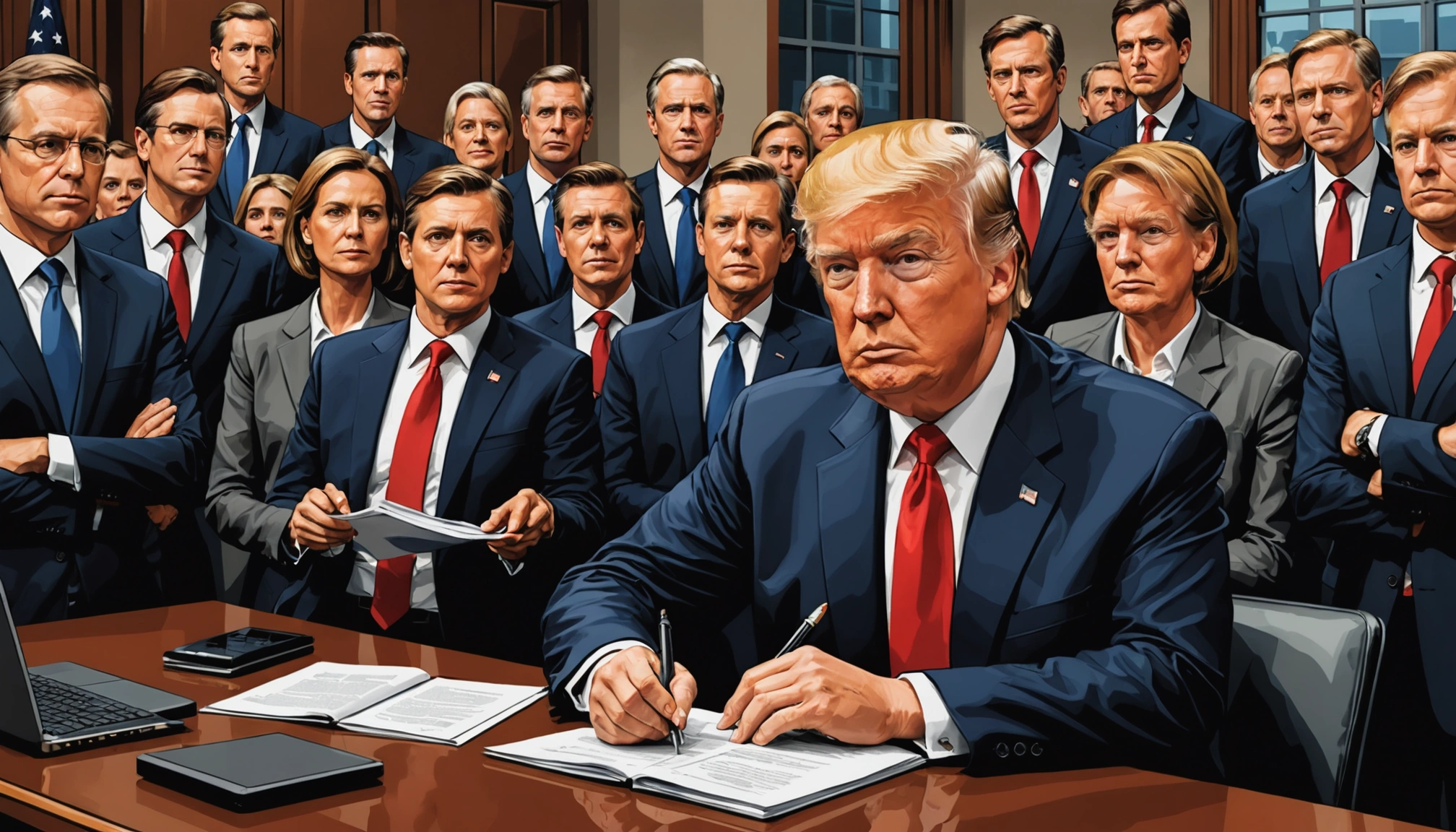Volkswagen's Dark History in Brazil: Complicity in Dictatorship and Slave Labor Allegations

Volkswagen, the German automotive giant, faces renewed scrutiny over its operations in Brazil during the country's military dictatorship (1964-1985). Allegations of collaboration with the regime, including complicity in human rights abuses and the use of slave labor, have cast a long shadow over the company's legacy in the South American nation. These accusations, resurfacing in recent years, highlight a dark chapter in Volkswagen's history, raising questions about corporate responsibility and the pursuit of profit at the expense of human rights.
Collaboration with the Military Regime
During Brazil's military dictatorship, Volkswagen do Brasil allegedly maintained close ties with the repressive regime. Critics and former employees claim the company's security personnel actively collaborated with the political police, providing information on suspected leftist opponents and union leaders within its workforce. This collaboration allegedly led to the arrest, torture, and blacklisting of numerous Volkswagen employees who were critical of the government or involved in labor activism.
In 2016, Volkswagen commissioned historian Christopher Kopper from the University of Bielefeld to investigate these claims. Kopper's research revealed that VW's factory security offices in São Bernardo do Campo, near São Paulo, mistreated leftist workers, delivered them to the political police, and aided in cases of torture and incarceration. This "misconceived political neutrality," as Kopper termed it, allowed Volkswagen to benefit from the repressive environment, suppressing dissent and maintaining a compliant workforce.
Slave Labor Allegations
Beyond the allegations of political repression, Volkswagen also faces accusations of using slave labor on a cattle farm it owned in the Amazon region from 1973 to 1986. The farm, known as Hacienda Vale do Rio Cristalino, allegedly employed indebted, itinerant workers under brutal conditions. These workers were reportedly held against their will, denied adequate pay, accommodation, and sanitary facilities.
Labor prosecutor Rafael Garcia Rodrigues has asserted that Volkswagen was fully aware of the criminal practices occurring on the farm. Despite employing local subcontractors, VW allegedly received regular reports of forced labor and chose not to intervene. These allegations paint a picture of a company willing to exploit vulnerable workers for profit, even if it meant turning a blind eye to inhumane conditions.
Legal Battles and Compensation
The allegations against Volkswagen have led to legal battles and demands for compensation. In 2020, Volkswagen reached a settlement with Brazilian state prosecutors, agreeing to pay 36 million reais (US$6.7 million) in compensation and donations to atone for its collaboration with the dictatorship. This settlement acknowledged the company's responsibility for the human rights violations that occurred during the military regime.
However, the fight for justice continues. In 2022, the Brazilian judiciary examined complaints alleging that Volkswagen used "slavery-like practices" and "human trafficking" on its Amazonian farm. The company was summoned to appear before a labor court in Brasilia to address these accusations. While Volkswagen has expressed regret for the violations of the past and stated its commitment to transparency, the legal proceedings are ongoing.
Echoes of the Past
Volkswagen's alleged actions in Brazil echo its dark history during World War II. During that period, the company used over 15,000 slave laborers from nearby concentration camps to produce vehicles for the German army. In 1998, survivors filed a lawsuit against VW, leading to the establishment of a restitution fund.
The parallels between Volkswagen's wartime activities and its alleged actions in Brazil raise troubling questions about the company's ethical standards and its willingness to prioritize profit over human rights. These historical echoes underscore the importance of holding corporations accountable for their past actions and ensuring that such abuses are never repeated.
Implications and Lessons Learned
Volkswagen's case in Brazil serves as a stark reminder of the potential for corporate complicity in human rights abuses. It highlights the importance of due diligence, ethical leadership, and a commitment to transparency in all business operations. Companies operating in countries with repressive regimes must be especially vigilant in ensuring that their activities do not contribute to human rights violations.
The Volkswagen scandal also underscores the need for strong legal frameworks and effective mechanisms for holding corporations accountable for their actions. Victims of corporate abuse must have access to justice and be able to seek redress for the harm they have suffered.
As Volkswagen continues to grapple with its past in Brazil, the company has an opportunity to demonstrate its commitment to ethical business practices and to make amends for the wrongs that were committed. By acknowledging its past mistakes, providing compensation to victims, and implementing robust human rights policies, Volkswagen can begin to rebuild its reputation and ensure that its operations are aligned with the values of justice, equality, and respect for human dignity.
Related Articles

EU Faces Uphill Battle Securing US Trade Pact Amid Trump's Tariff Threats

Myanmar's Rare Earths Boom: A Dirty Secret Fueling Green Tech
